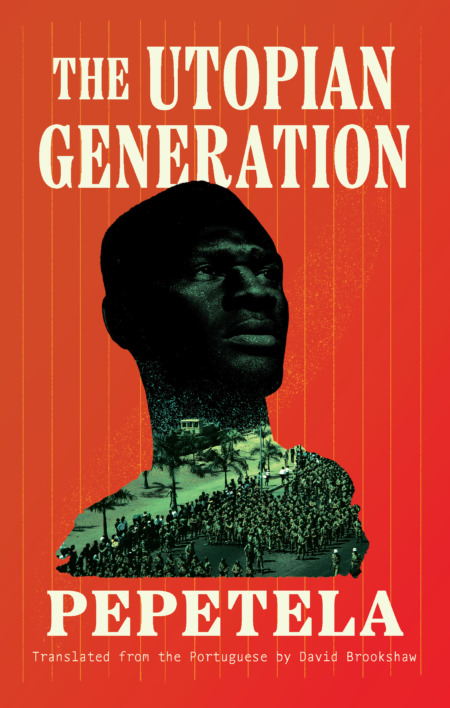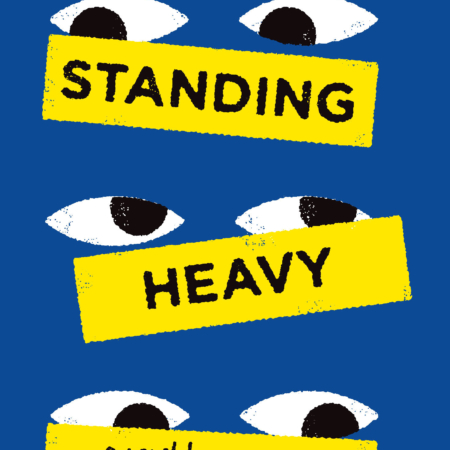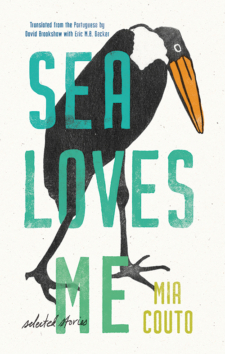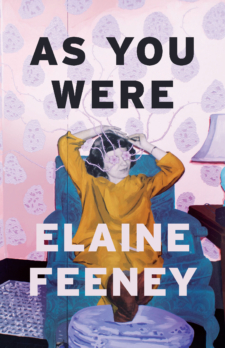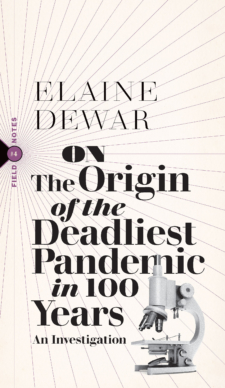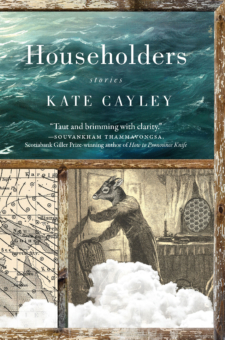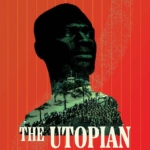Description
A seminal novel of African decolonization available for the first time in English translation.
Lisbon 1961. Aware that the secret police are watching them, four young Angolans discuss their plans for a utopian homeland free from Portuguese rule. When war breaks out, they flee to France and must decide whether they will return home to join the fight. Two remain in exile and two return to Angola to become guerilla fighters, barely escaping capture over the course of the brutal fourteen-year war. Reunited in the capital of Luanda, the old friends face independence with their confidence shaken and struggle to build a new society free of the corruption and violence of colonial rule.
Pepetela, a former revolutionary guerilla fighter and Angolan government minister, is the author of more than twenty novels that have won prizes in Africa, Europe, and South America. The Utopian Generation is widely considered in the Portuguese-speaking world an essential novel of African decolonization—and is now available in English translation for the first time.
Praise for The Utopian Generation
“This decades-spanning anti-colonialist novel from the early sixties by Angola’s most prominent writer (real name: Artur Pestana dos Santos) involves a group of students in Lisbon who, faced with the prospect of being conscripted to suppress a political uprising in their native land, end up (like Pepetela himself did) as guerilla fighters in Angola’s brutal 14-year war.”
—Globe and Mail
“A classic post-colonial text . . . This sweeping novel, which moves in roughly ten-year increments from 1961 to 1991, tells the steadily absorbing story of ‘how a generation embarks on a glorious struggle for independence and then destroys itself.'”
—Literary Review of Canada
“Pepetela’s great novels suggest a continuity between generations, a harmonization of differences in a single totality. This urgency of belonging, this structure that contains differences and sets them into conflict, is, in the end, Angola . . . Even as time disutopianizes generations, Pepetela remains a generation of his own.”
—Mia Couto, author of The Tuner of Silences
“The Utopian Generation is a different kind of (near contemporary-)historical novel . . . a good, solid read—capturing and presenting a good picture of this ‘utopian generation’ with these representative figures, as well as of the quagmire that was Angola over these years.”
—M.A. Orthofer, Complete Review
“A groundbreaking book . . . In The Utopian Generation, perhaps closest to [Pepetela’s] personal experience, the characters fight for the liberation of Angola with the hope of building an egalitarian society. Through the individual characters and the choices they make, the reader makes a 30-year journey through the complexity of decolonisation in Angola.”
—Olivia Snaije, The Africa Report
“Inspired by lived experiences, the narrative leading voice bravely denounces the state into which a generation’s utopia has been transformed. The sound of disillusion in that voice increases as the narrative unfolds, delving into the dirty world of vested interests, murky business deals, and dismal failures. David Brookshaw, the superb translator of great writers such as Mia Couto, José Rodrigues Miguéis, and Raul Brandão, once again produces a rigorous and beautiful translation.”
—Onésimo T. Almeida, Department of Portuguese and Brazilian Studies, Brown University
“Remarkable on several counts . . . The Utopian Generation provides a unique vision of the recent turbulent history of Angolan society as seen by a disillusioned revolutionary.”
—World Literature Today
“Pepetela’s The Utopian Generation, a masterpiece of African writing that defined a generation, continues to be extremely relevant in the present. David Brookshaw’s magnificent translation brings it to a whole new audience and could not be more timely as we witness crisis upon crisis, experience a generalized discontent, and fear the return of the ghosts of totalitarianism. The message of hope central to this novel is a shining light, made even brighter by Brookshaw’s expert and sensitive translation.”
—Paulo de Medeiros, Professor of English and Comparative Literature at University of Warwick
“In The Utopian Generation, Pepetela penetrates inside his characters to understand how they have been shaped by their experience of momentous events. He explores their individual values, their psychology, as well as the most intimate recesses of their minds.”
—Ana Mafalda Leite, The Postcolonial Literature of Lusophone Africa
“A novel of epic proportions that offers a multidimensional historical view of three crucial decades of modern Angolan history from 1961 to 1991. It is the first novel to offer a sustained, probing, heart-wrenching as well as in-depth critique of the postcolonial national project.”
—Fernando Arenas, Lusophone Africa: Beyond Independence

